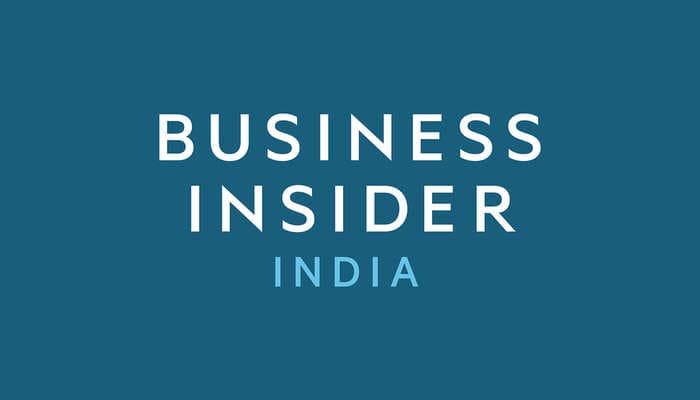The World Health Organisation (WHO) has named vaccine hesitancy as one of the greatest threats to global health.
"Where vaccine supporters often refer to news media and science sites when sharing knowledge about vaccines on Twitter, we can see that profiles belonging to anti-vaccine profiles far more often share links to YouTube videos and to sites that are known to spread fake news and conspiracy theories," said Bjarke Monsted from Technical University of Denmark (DTU).
"Vaccine opponents profiles often link to commercial sites that sell alternative health products. This is surprising given that vaccine hesitancy often stems from a fear of financial conflicts of interest," Monster said.
Previous research, Monster said, has shown that people who earn a fortune from the sale of alternative health products globally are responsible for vaccine misinformation.
The new study, recently published in the journal PLoS ONE, analysed some 60 billion tweets written before the COVID-19 pandemic to understand where the discussion about vaccines takes place on Twitter to better understand today's vaccine hesitancy on social media.
Using newly developed methods in the area of artificial intelligence (AI) called' deep learning and natural language processing, Monster and Professor Sune Lehmann from DTU taught a computer to identify which views on vaccines were expressed in a given tweet.
They identified the users who consistently expressed strong views in favour of (provaxx) or against vaccines (antivaxx) and from which sources the profiles shared their vaccine information.
The finding shows that 22.5 per cent of antivaxx-profiles' vaccine tweets link to YouTube videos, the researchers said.
They then grouped the sources into five categories: Sites known for sharing pseudoscience and conspiracy theories, news sites, social media, YouTube, and commercial sites relating to medicine and health.
The study confirms the echo chamber effect, making it hard for vaccine advocates and opponents to encounter each other's views on the internet -- because social media algorithms ensure that people interact with others whose opinions align with their own.
"We discovered that the sources of information, which people are exposed to in their social networks, depend heavily on their own attitudes towards vaccines," said Monsted.
"The more resistance to vaccines a user expressed, the further from the norm was the media picture they were exposed to from their circle of friends," the researcher said.
The researchers noted that when it comes to avoiding medical misinformation, the responsibility lies not just with the tech giants but also with media outlets.
Lehmann hopes that the novel method can provide a greater understanding of the vaccine discussion during the pandemic and in the future.
"Our research covers the period before COVID-19. And there is no doubt that vaccines have become a talking point in a whole new way in the last two years," Lehmann added. PTI SAR SAR